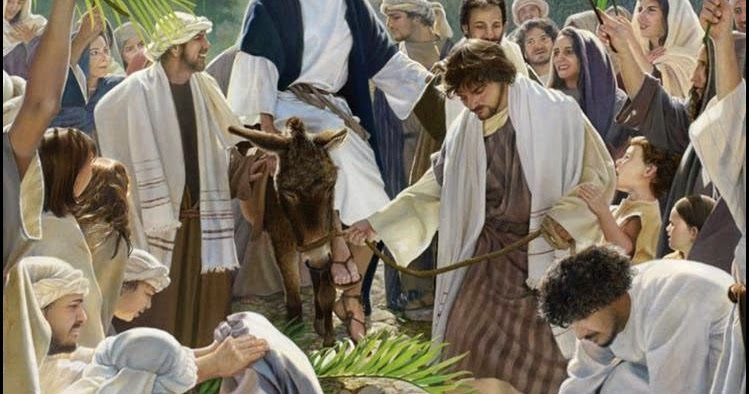
Here is the Sabbath treat that I promised you, and this time it’s not from me, but from one of your fellow blog readers.
Those of you who follow the comments section of this blog are already very familiar with Carol, who comments under the email sobriquet of JesusAntibodies. She is one of our most prolific commenters, for which we are grateful. She adds life and passion to our blog.
For a long time, many of us have been greatly amused and edified by her biblical witticisms and wordplays. At first I didn’t think too much about it. But the more I read them, the more I realized that many of them are downright brilliant! I believe that her ability to come up with truths and put them into aphorisms is a gift from Elohim. Thank you Carol, and all praise be to our Father in heaven for your giftedness.
It’s time for Carol’s sayings to be shared far and wide for the glory of Elohim and the edification of the body of Yeshua!
Recently I asked her to make a list of her terse sayings. She informed me that she had 40 pages of them! Overwhelmed, I asked her to send me some of her favorite ones to share with the multiple thousands of people who read this blog every week. Below is the first installment.
Stay tuned, there will be more Carolisms to come…and let Carol know in the comments section if her saying blessed you! Thank you. — Natan
- I will worry ONLY about what I can control. If I can’t control anything, then I have nothing to worry about, Elohim is in control (and that means I’m in a controlled environment).
- Cut the unbiblical cord.
- How will they recognize Him if they keep changing His Word?
- If you take the lie (the LI) out of “oblivious” the Word becomes obvious.
- We were told to be fruitful and multiply, not add or subtract
- I may not know H-O-W, but I do know W-H-O.
- Truth, do you see “u” in the middle?
- Woe = w/o Elohim.
- You don’t know who you are until you know you are His!
- Our Elohim is O-u-r Elohim (Oh you are Elohim).
- He parted the Red Sea, He can part the red tape.
- Yeshua begins with “Yes” and I positively love that.
- Why are they still listening to that talking snake?
- Now faith is; it is always now.
- What you believe or do not believe never changes the Truth.
- If we don’t have what’s right, all we’ll have is what’s left!
- My people perish for lack of knowledge; you have to know where the ledge is.
- When we dig for gold nuggets in the Word, we hit the Father-lode!
- We are called the children of Elohim, never the adults of Elohim
- If we fall in love and Elohim is LOVE, then what have we fallen into?
- It’s never about religion; it’s about relationship. Who’s your Daddy?
- His love is unconditional; His blessings are not (2 Chron 7:14 lists the conditions).
- If you’re anti-Semitic, you’re anti-Christ!
- He told us what not to eat and we’ve been eating what-not ever since.
- To L-I-V-E backwards is E-V-I-L.
- Shofar so good.
- They don’t call it the MEAN time for nothing.
- Take THE two tablets and call on Me in the morning.
- Turn your stumbling blocks into stepping stones.
- Obedience feels good.
- Forgiveness is not a license to go on sinning; that’s Elohim-abuse!
- Don’t follow the person; follow the Son!
- “U” and “I” are in Yeshua Messiah!
- Love is not a feeling; it’s a lifestyle.
- Proving one wrong in your opinion, doesn’t make you right in theirs.
- Let’s be moving RIGHT along.
- Faith is a verb.







